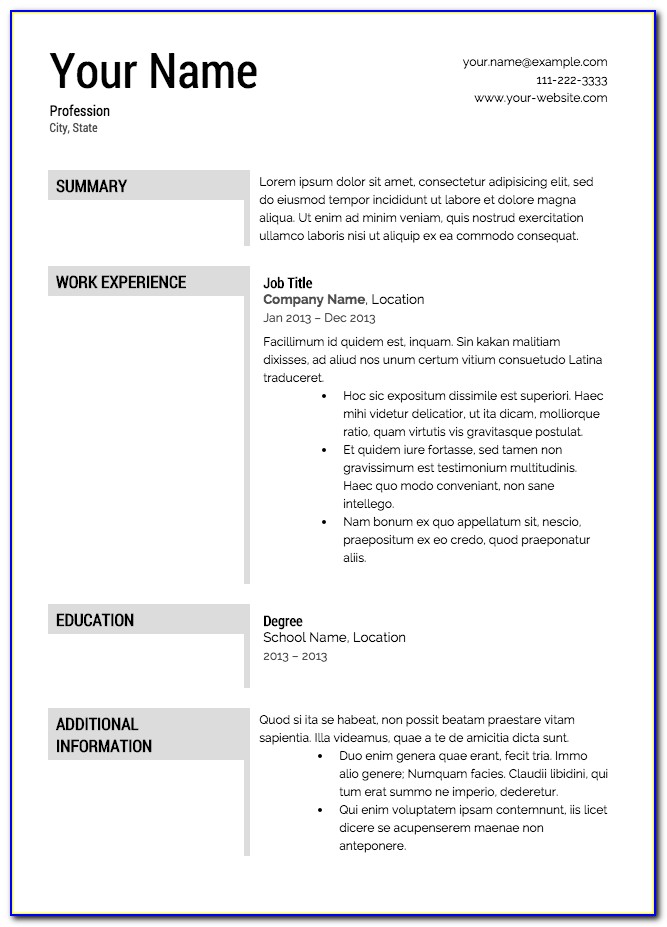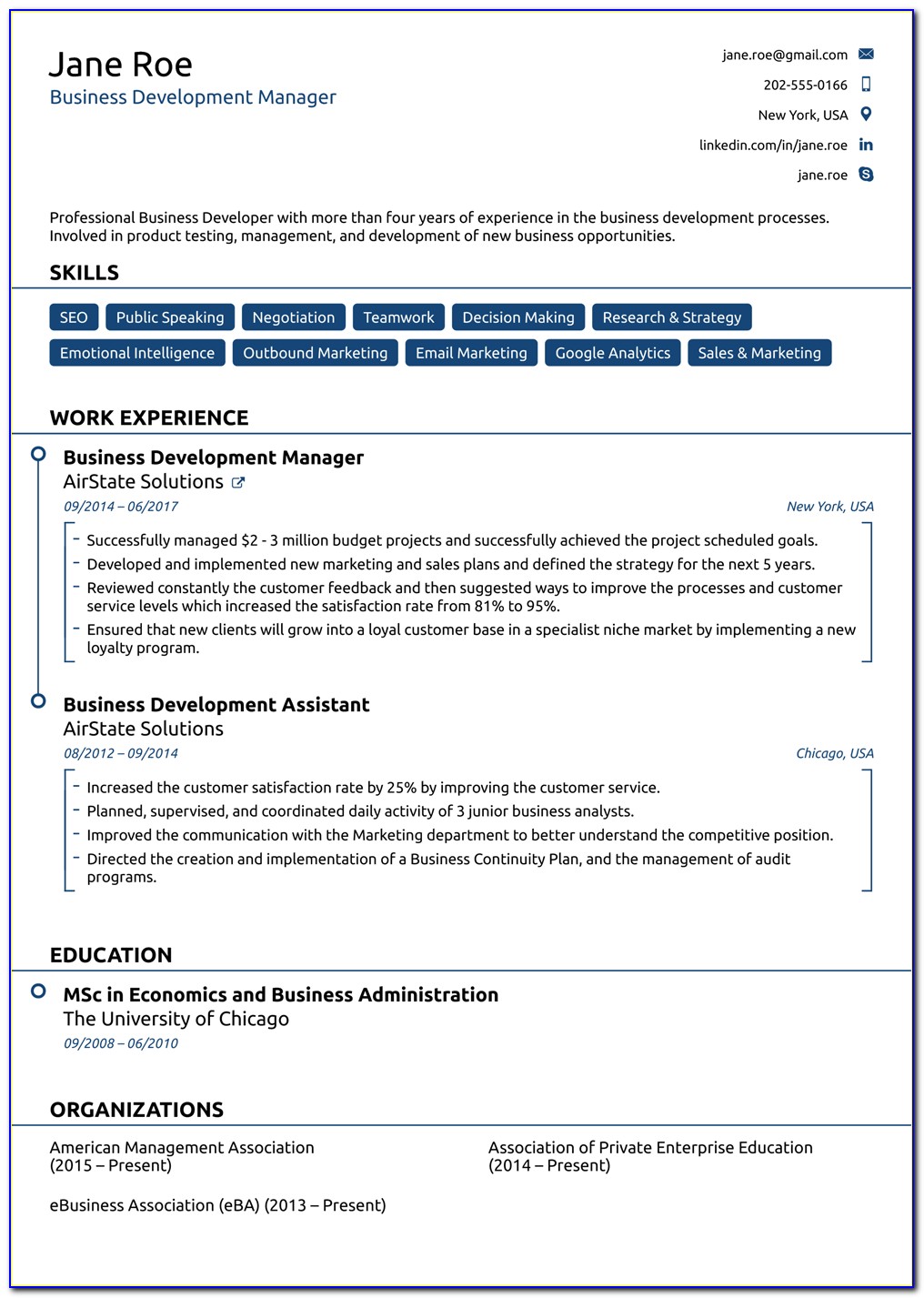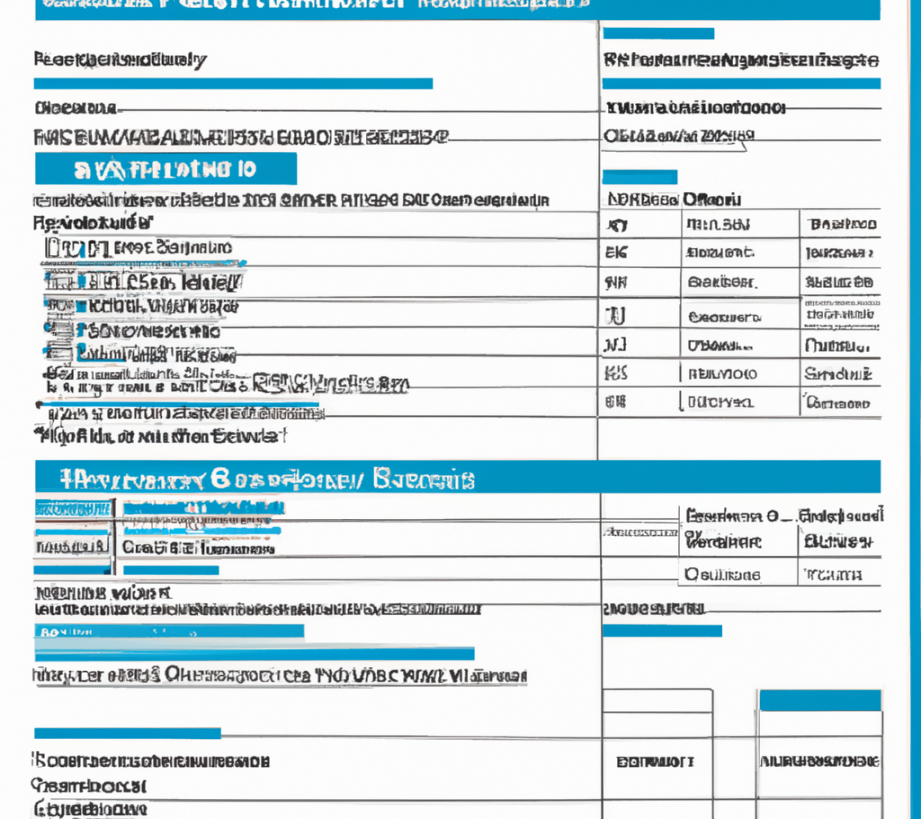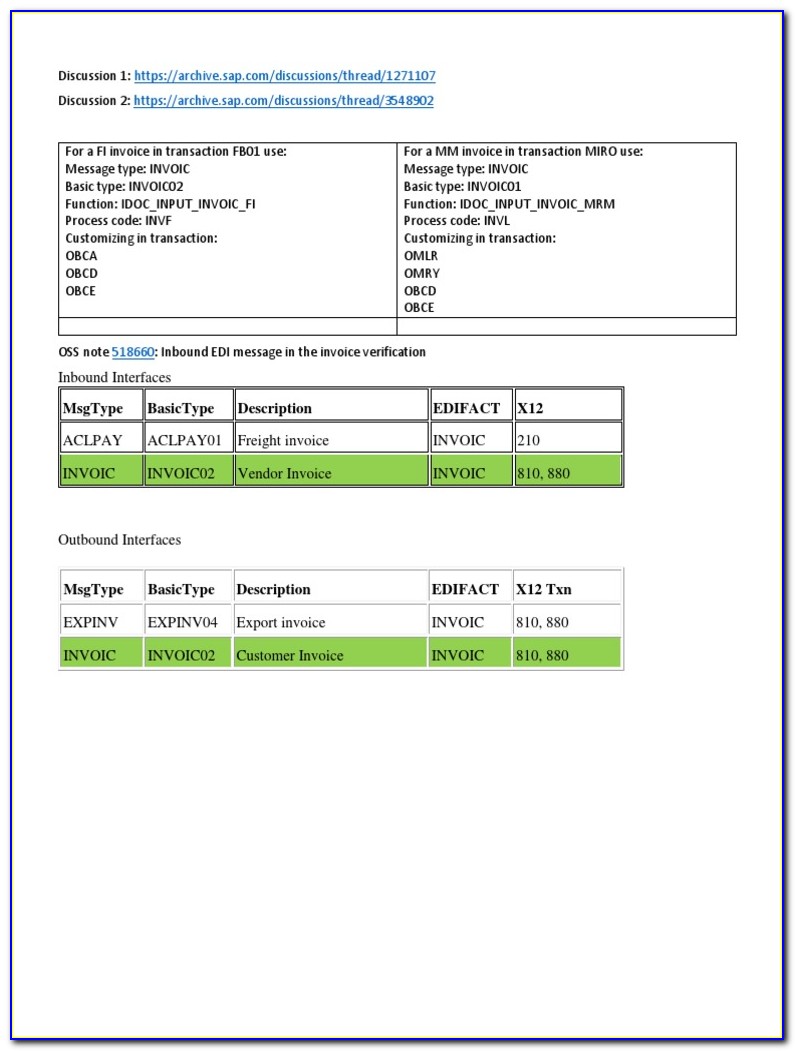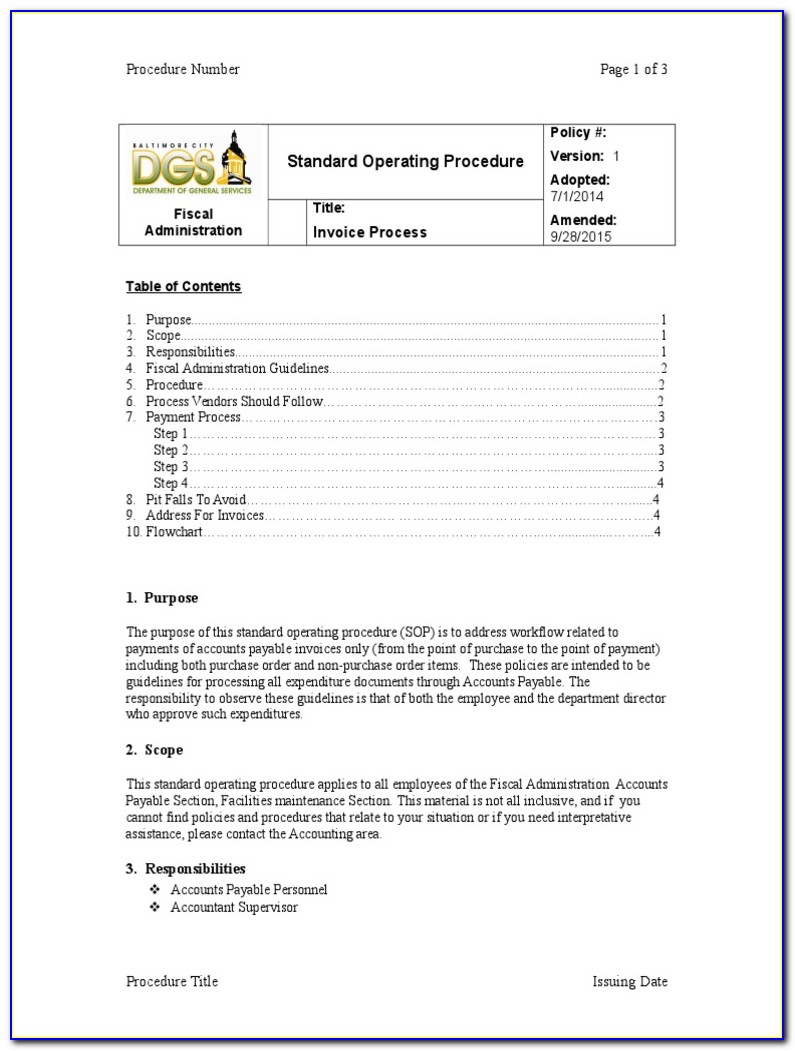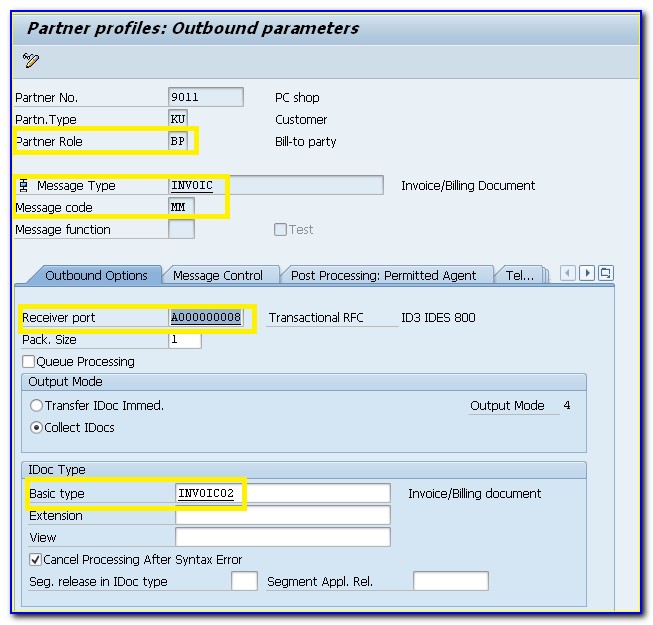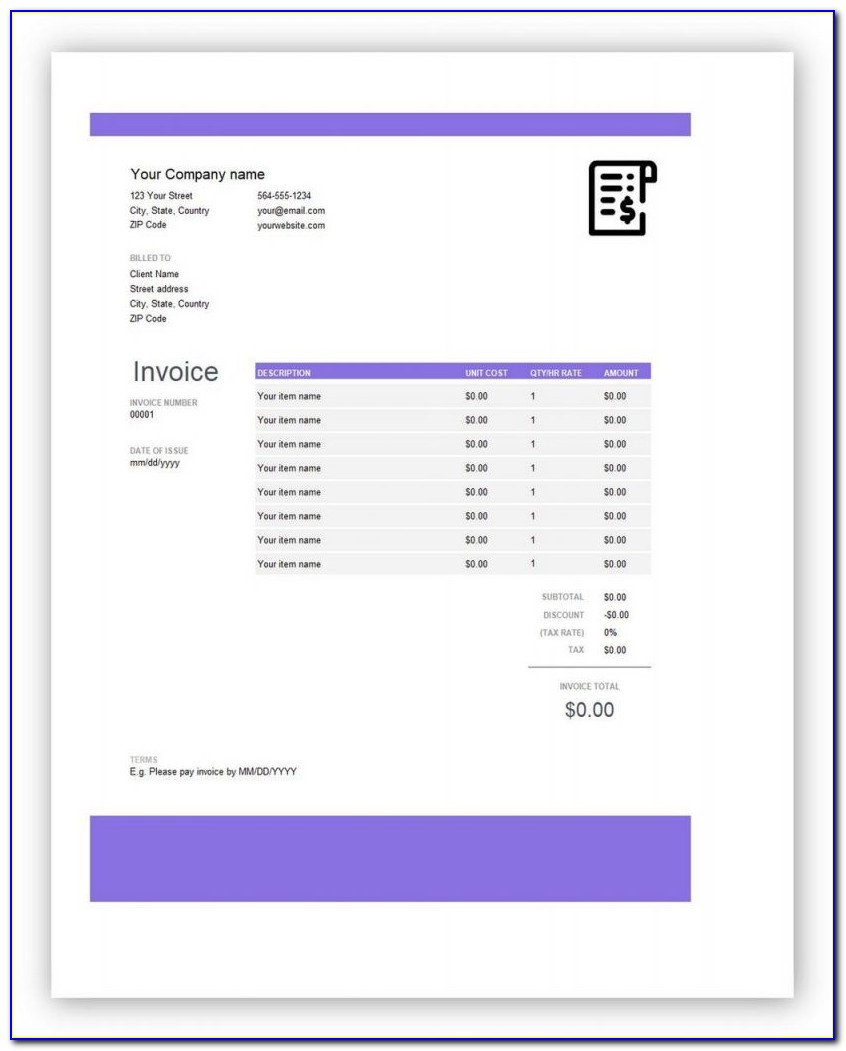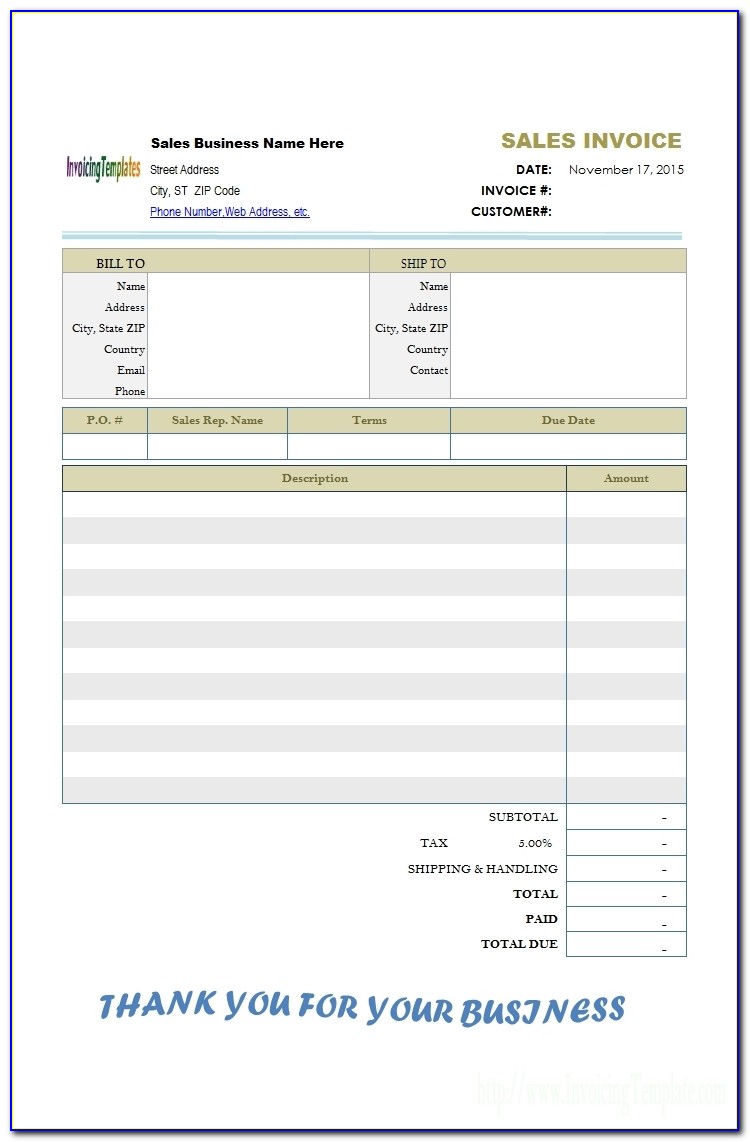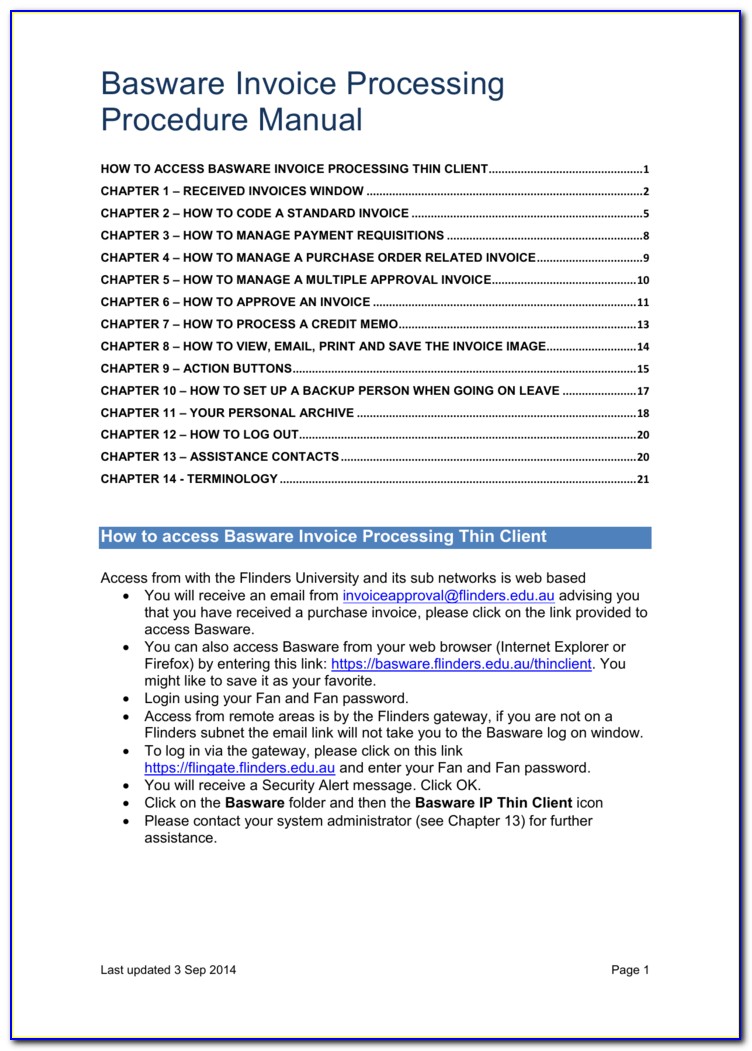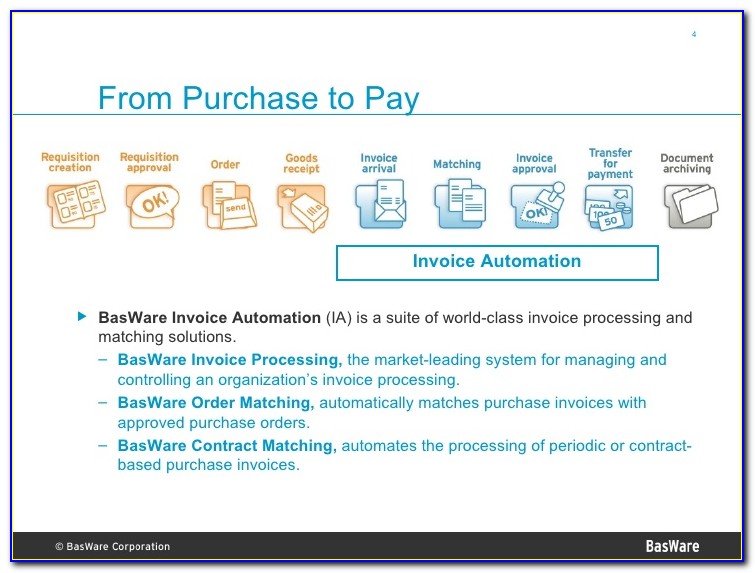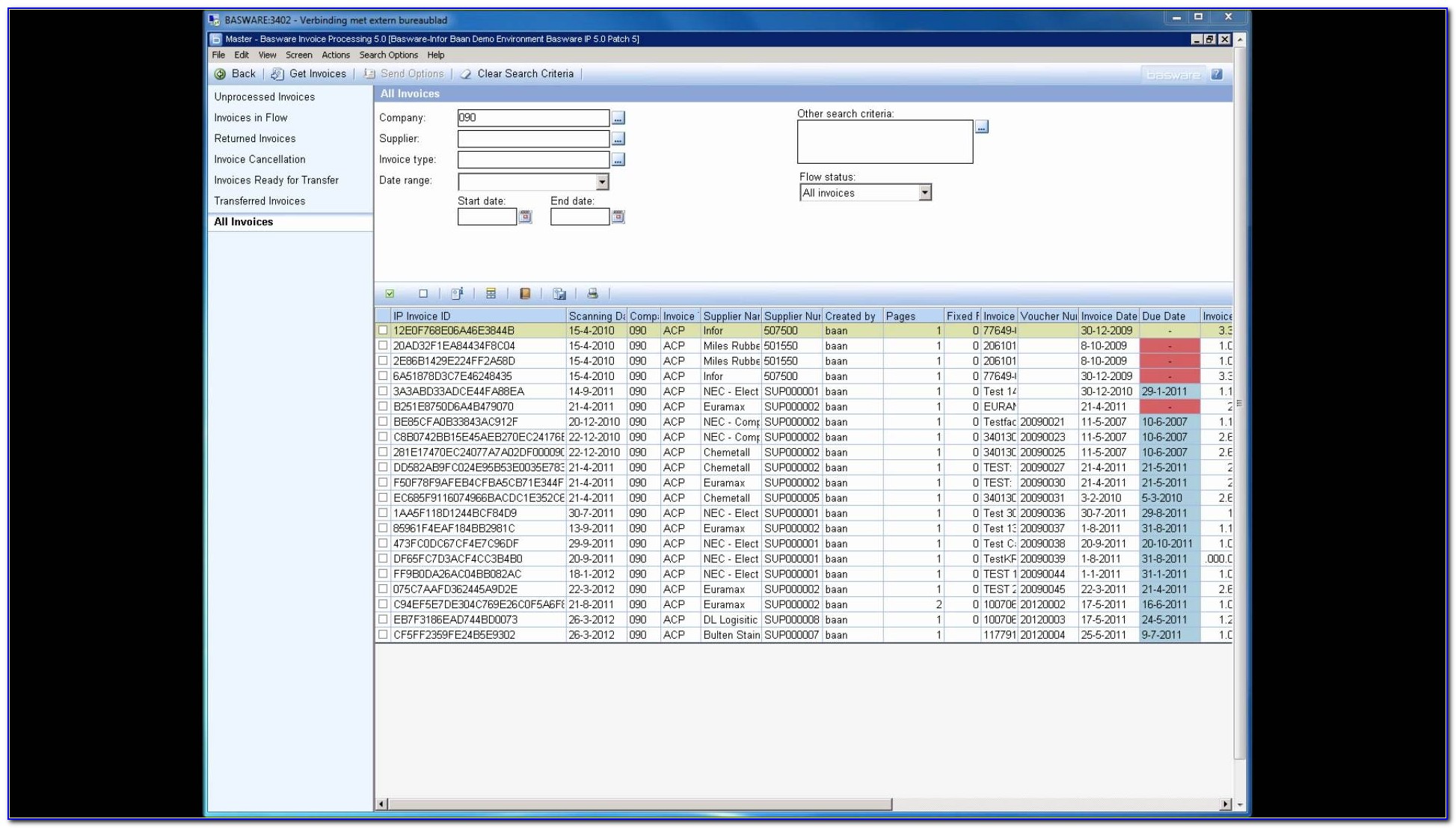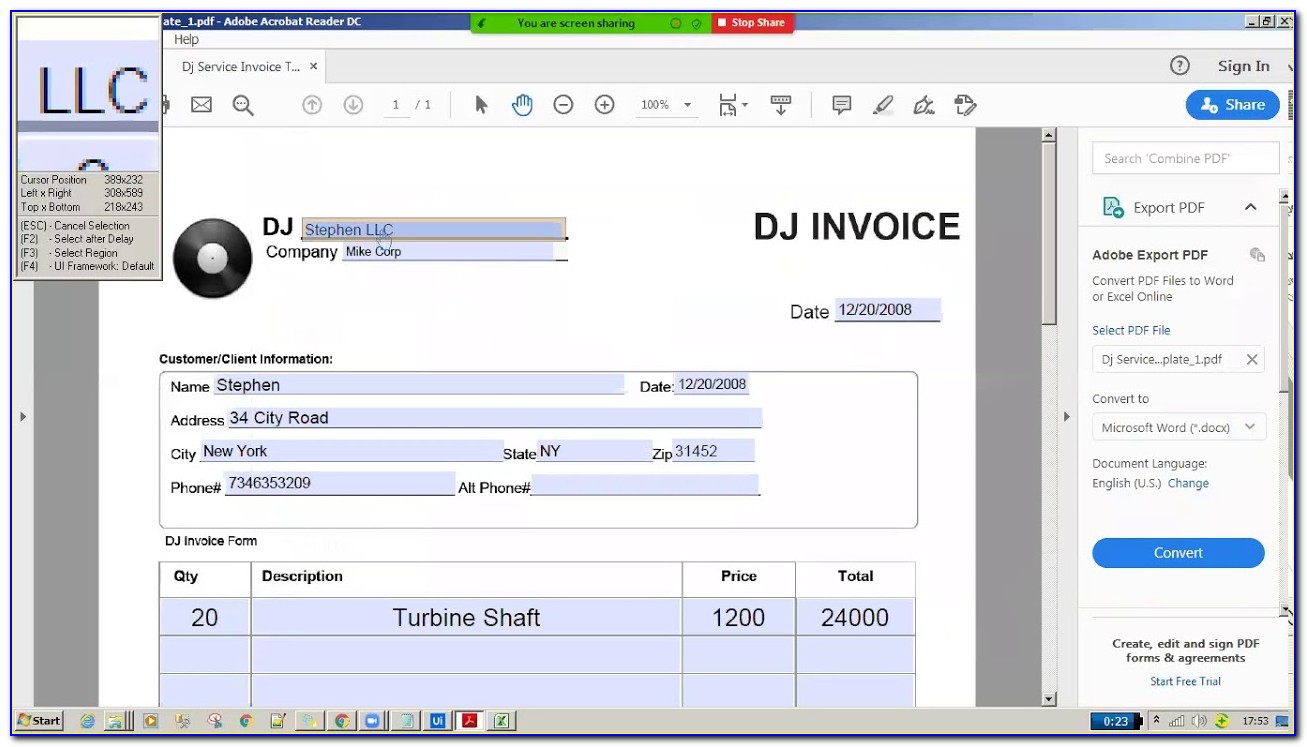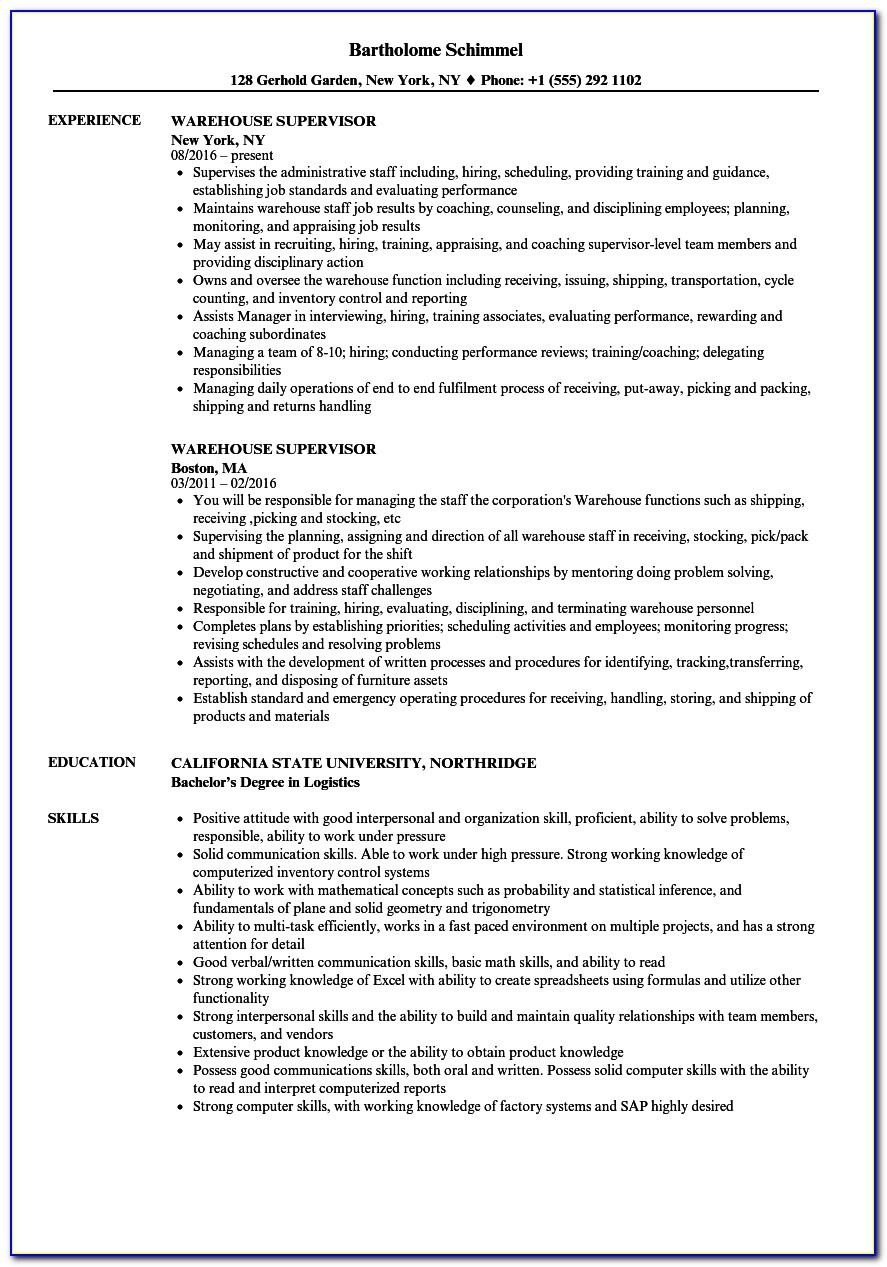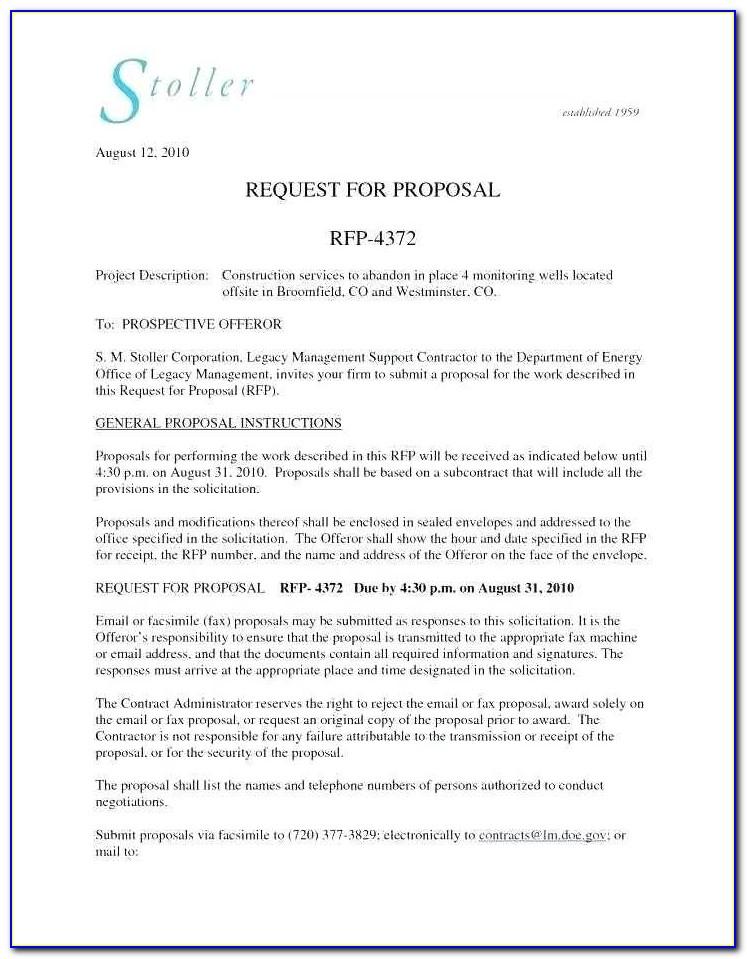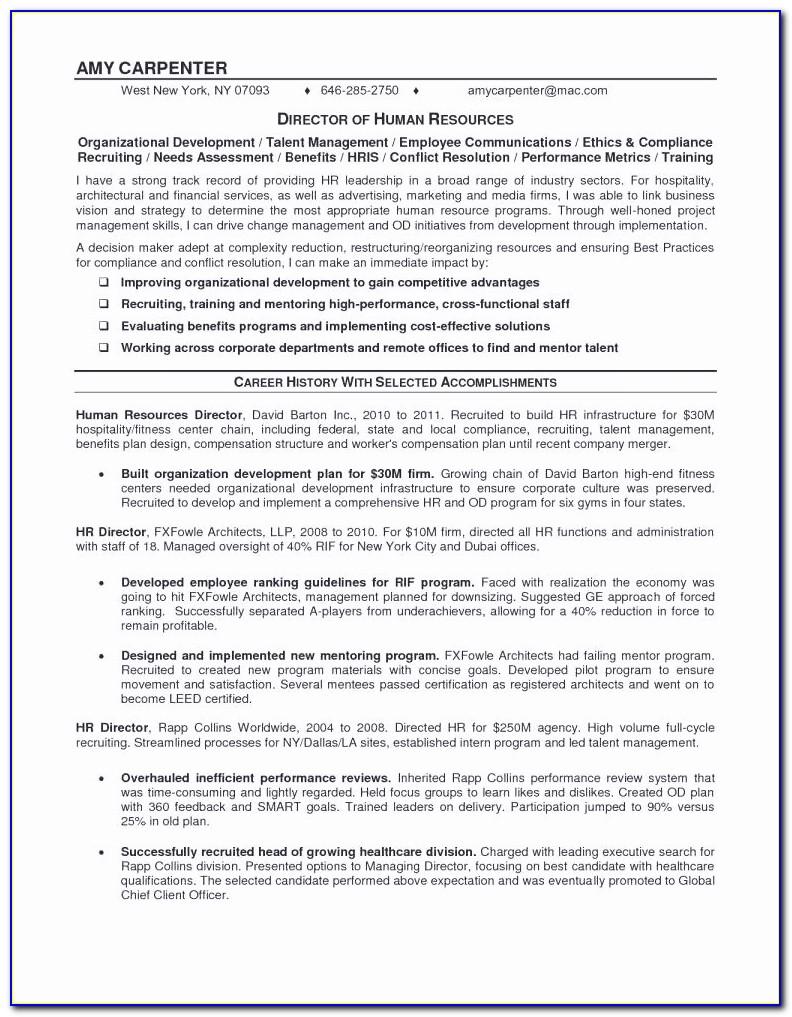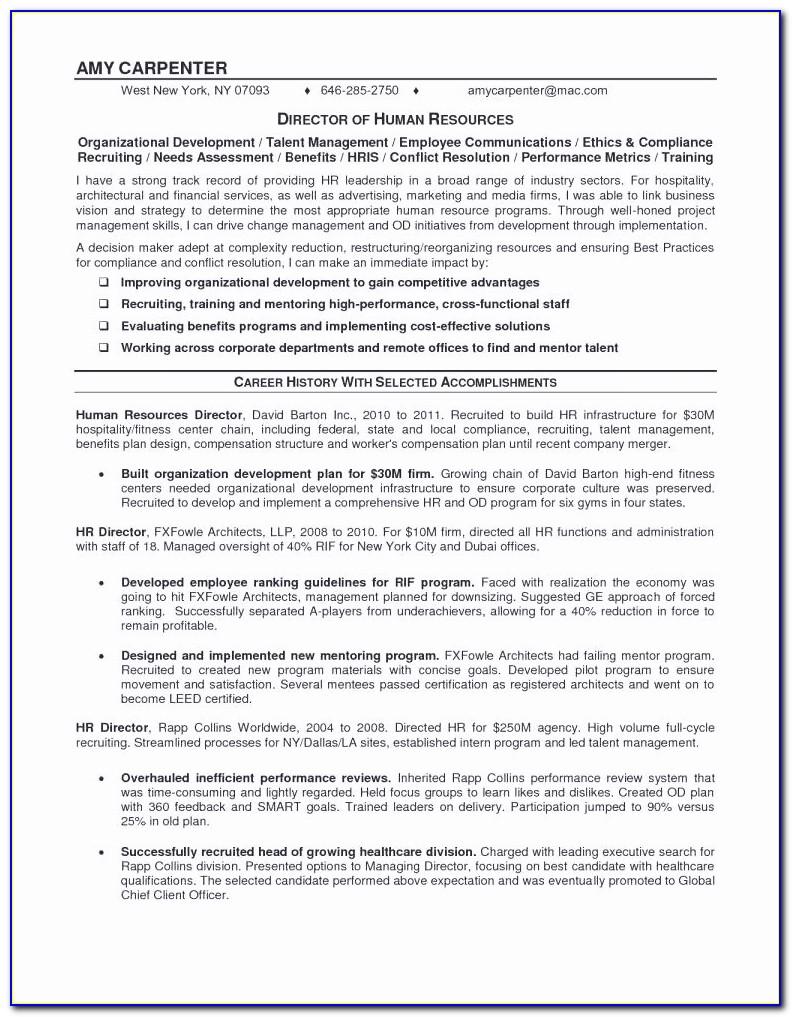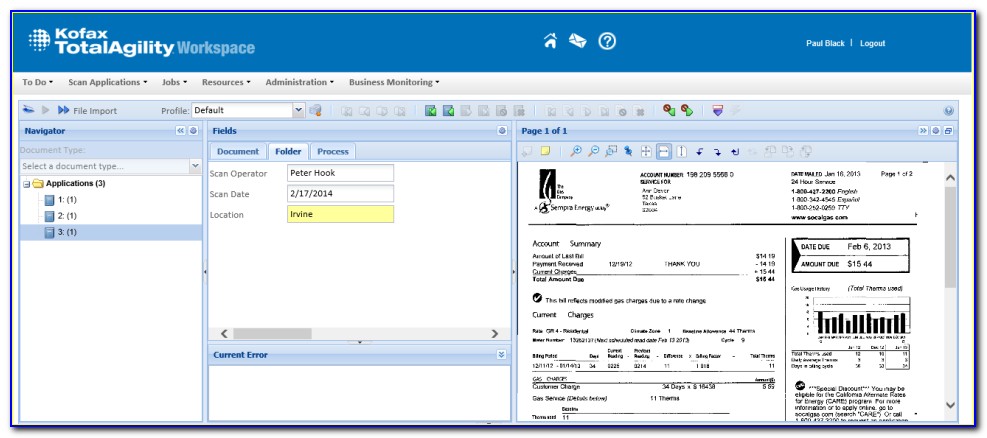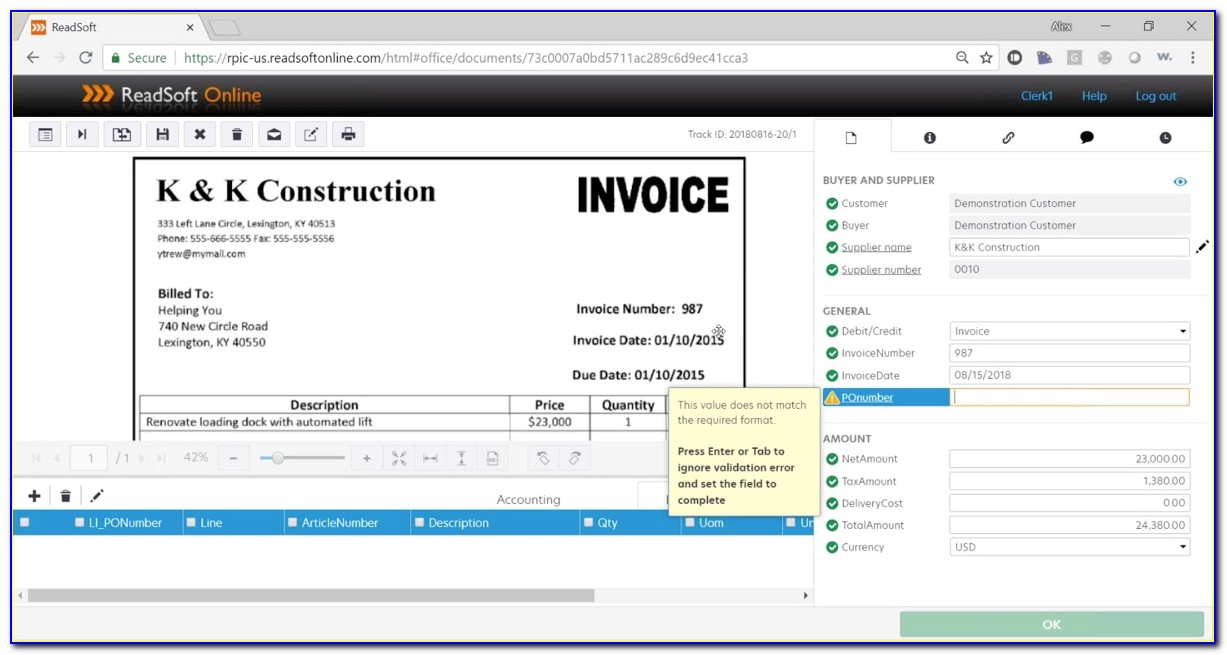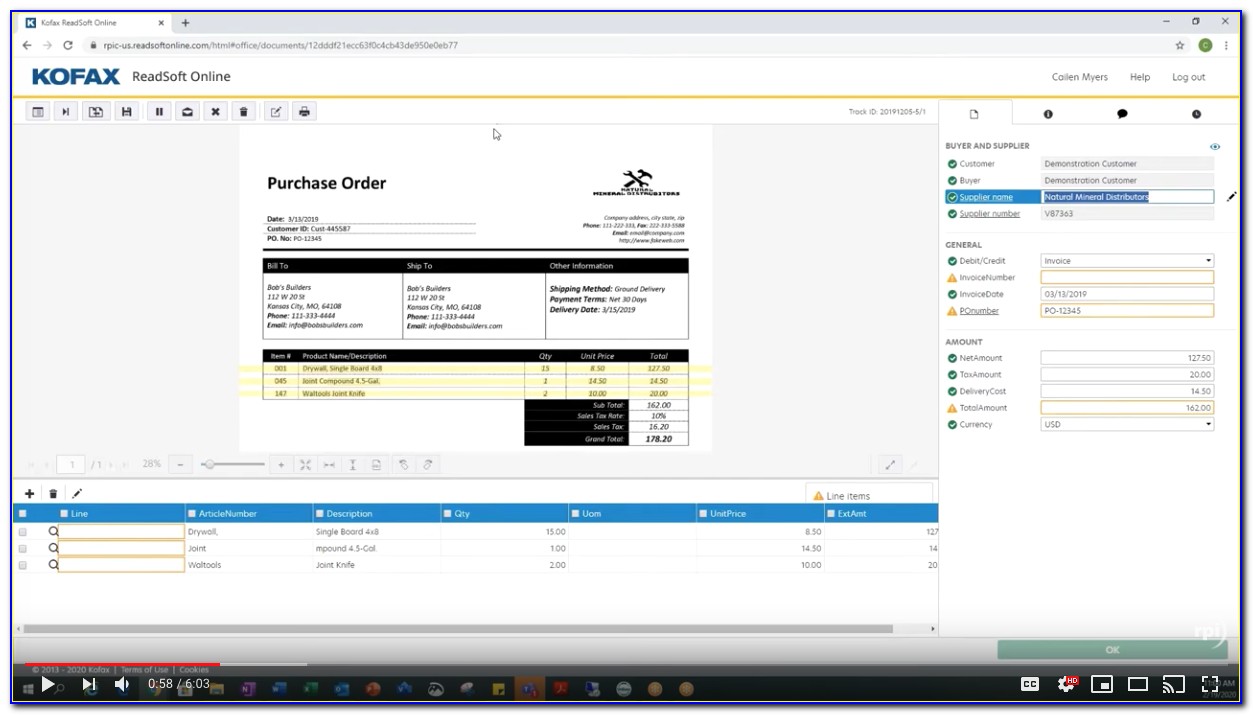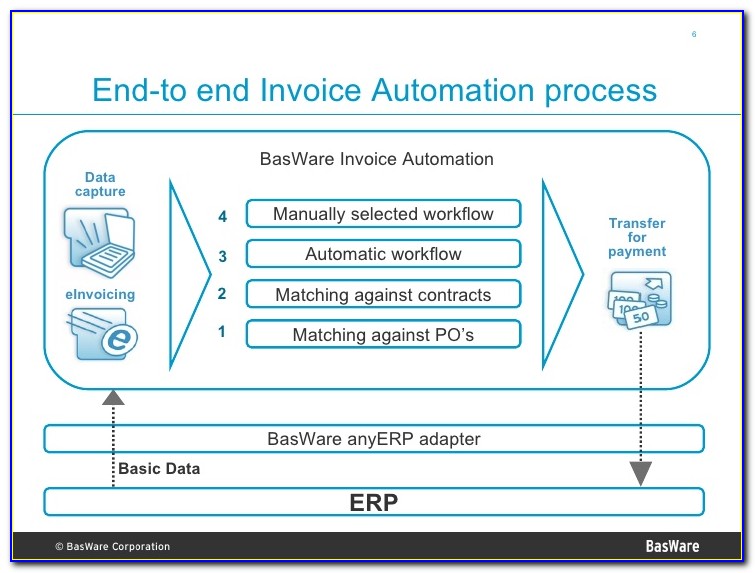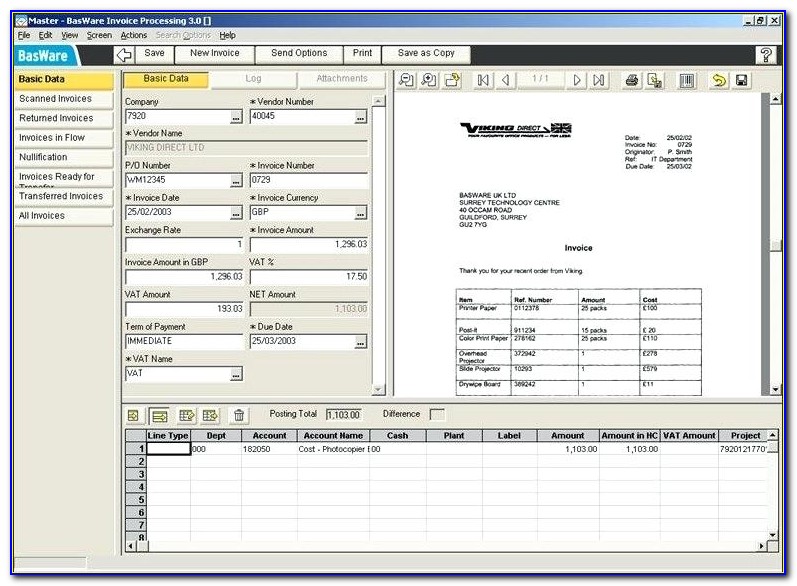Sterile Processing Supervisor Jobs – Supervisor Positions In Sterile Processing
Sterile Processing Supervisor Jobs: A Guide to Responsibilities and Requirements
Introduction
Sterile processing is an essential aspect of healthcare, ensuring that medical instruments and equipment are free from contaminants before use. As a result, sterile processing supervisor jobs are in high demand, with qualified professionals needed to oversee this critical process. In this article, we’ll explore what it takes to become a sterile processing supervisor, including responsibilities, requirements, and potential career paths.
What Is Sterile Processing?
Sterile processing refers to the cleaning, disinfecting, packaging, and sterilizing of medical instruments and equipment. This process is crucial for preventing the spread of infection and ensuring patient safety. Sterile processing personnel work in hospitals, clinics, dental offices, and other healthcare facilities.
The Role of a Sterile Processing Supervisor
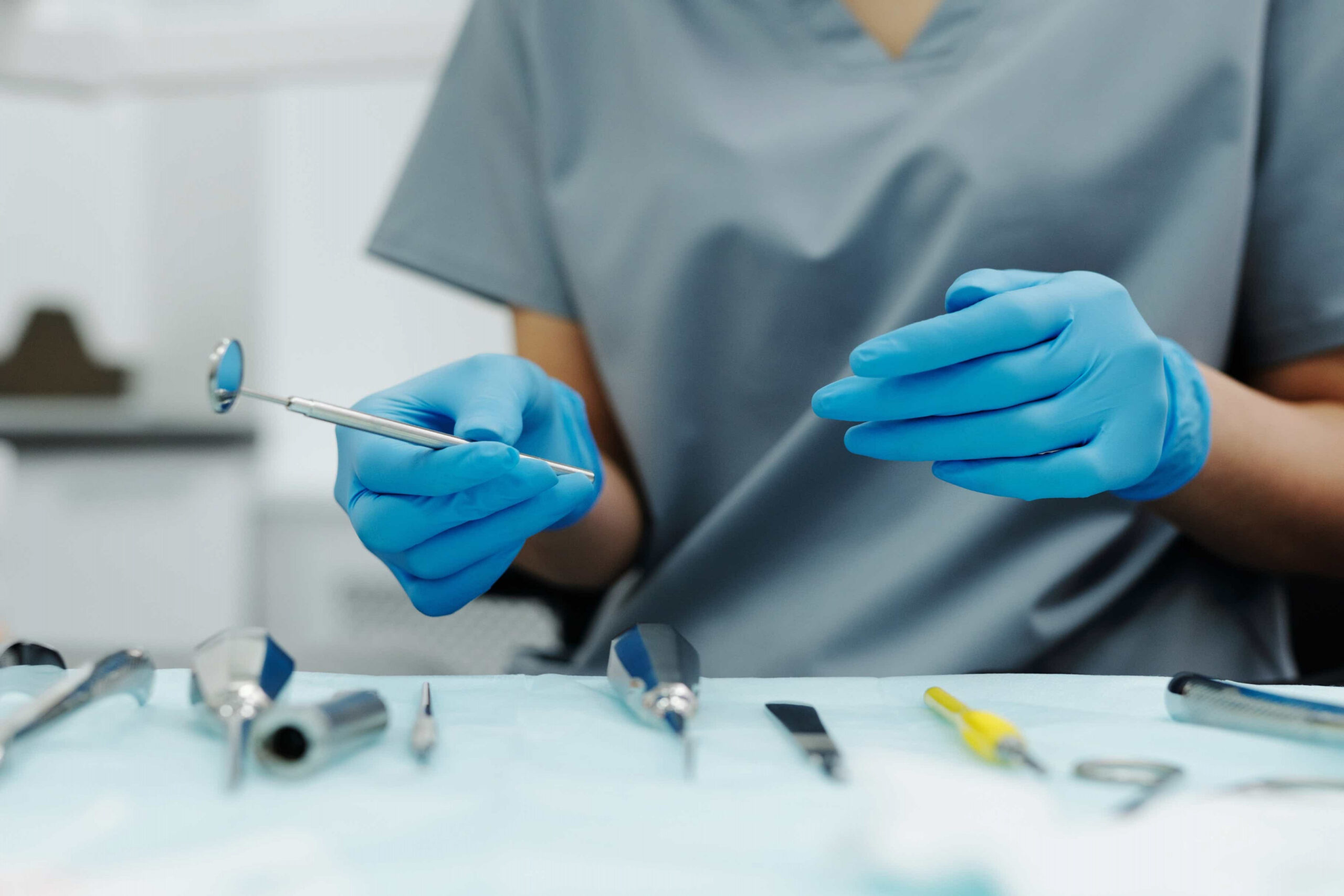
A sterile processing supervisor oversees the daily operations of the sterile processing department. This includes managing staff, ensuring compliance with regulations and standards, and maintaining inventory of sterile supplies. They also play a vital role in training new staff, developing policies and procedures, and ensuring that equipment is properly maintained and calibrated.
Responsibilities of a Sterile Processing Supervisor
Overseeing the cleaning, disinfecting, and sterilizing of medical instruments and equipment
Managing staff and ensuring compliance with regulations and standards
Maintaining inventory of sterile supplies and ordering new equipment as needed
Developing and implementing policies and procedures
Training new staff members on proper sterilization techniques
Ensuring that equipment is properly maintained and calibrated
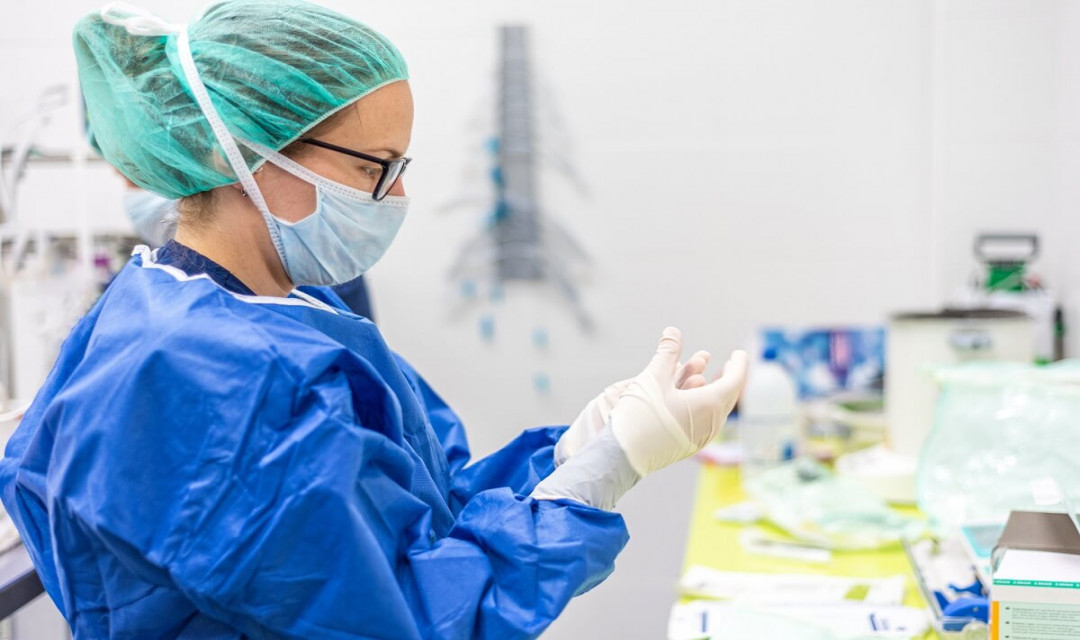
Requirements for Becoming a Sterile Processing Supervisor
To become a sterile processing supervisor, you typically need a high school diploma or equivalent. However, many employers prefer candidates with additional education or certification. For example, some sterile processing supervisor jobs require an associate’s or bachelor’s degree in a related field, such as healthcare management or healthcare administration.
Additionally, many employers require certification from a recognized professional organization, such as the Certification Board for Sterile Processing and Distribution (CBSPD) or the International Association of Healthcare Central Service Materiel Management (IAHCSMM). To earn certification, you must meet specific education and experience requirements and pass an exam.
Skills Needed for Sterile Processing Supervisor Jobs
Strong leadership and management skills
Excellent communication skills
Attention to detail
Organizational skills
Knowledge of sterilization techniques and regulations
Ability to work in a fast-paced, high-pressure environment
Problem-solving skills
Career Paths for Sterile Processing Supervisors
As a sterile processing supervisor, you may have opportunities to advance your career within healthcare. For example, you may be able to move into a management position, such as a director of sterile processing. Alternatively, you may choose to specialize in a particular area of sterile processing, such as endoscopy or dental instrument sterilization.
Conclusion
Sterile processing supervisor jobs are essential for ensuring patient safety and preventing the spread of infection. If you’re interested in pursuing a career in healthcare and have strong management and organizational skills, this role may be a good fit for you. To become a sterile processing supervisor, you’ll need a combination of education, experience, and certification. However, with the right qualifications, you can enjoy a rewarding and challenging career in this critical field.
FAQs
1. What is the average salary for a sterile processing supervisor?
The average salary for a sterile processing supervisor varies depending on location, experience, and employer. However, according to the Bureau of Labor Statistics, the median annual wage for medical and health services managers, which includes sterile processing supervisors, was $100,980 as of May 2020.
2. What are the education requirements for becoming a sterile processing supervisor?
While a high school diploma or equivalent is typically required for sterile processing supervisor jobs, many employers prefer candidates with additional education or certification. Some positions may require an associate’s or bachelor’s degree in a related field, such as healthcare management or healthcare administration.
3. What certifications are required for sterile processing supervisor jobs?
Many employers require certification from a recognized professional organization, such as the Certification Board for Sterile Processing and Distribution (CBSPD) or the International Association of Healthcare Central Service Materiel Management (IAHCSMM). To earn certification, you must meet specific education and experience requirements and pass an exam.
4. What skills are needed for sterile processing supervisor jobs?
Sterile processing supervisors need strong leadership and management skills, excellent communication skills, attention to detail, and knowledge of sterilization techniques and regulations. They must also be able to work in a fast-paced, high-pressure environment and have problem-solving skills.
5. What are the career paths for sterile processing supervisors?
Sterile processing supervisors may have opportunities to advance their career within healthcare, such as moving into a management position or specializing in a particular area of sterile processing, such as endoscopy or dental instrument sterilization.
Tags :
